The Savannah Regional health Directorate in collaboration with it’s partners has launched new malaria prevention campaign.
This campaign compliments their efforts to combat the persistent threat of malaria, the Savannah Region is set to implement two major interventions: Seasonal Malaria Chemoprevention (SMC) and Point Mass Distribution (PMD) of Long-Lasting Insecticidal Nets (LLINs).
This was disclosed by the Director of Health Services for the savannah region, Dr. Josephat Nyuzaghl, during a stakeholders’ engagement meeting held on Wednesday 19th June, 2024 at Damongo.
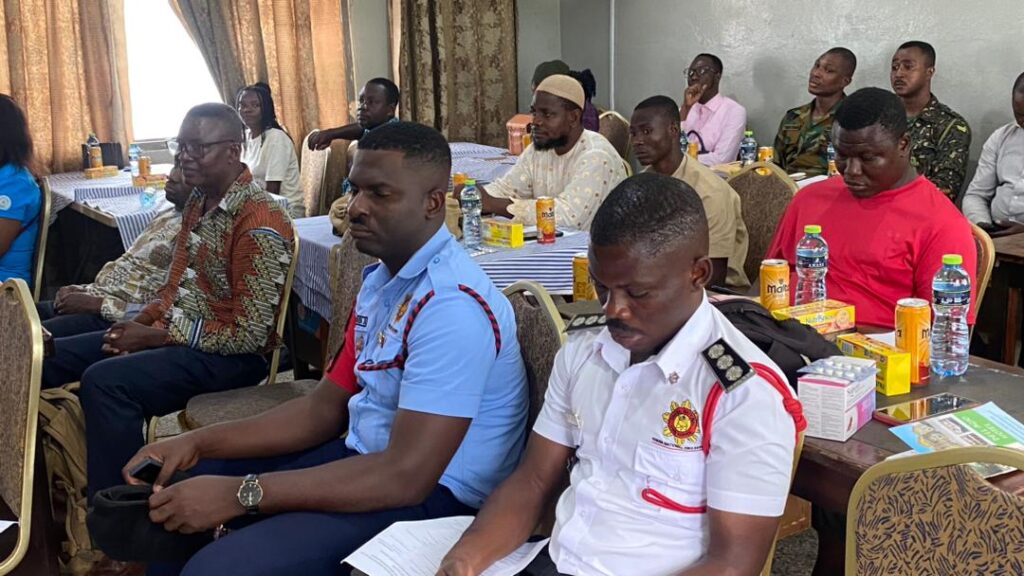
Dr. Nyuzaghl emphasized the ongoing challenge malaria poses, particularly to children under five and pregnant women. “Malaria remains a significant public health issue, causing considerable morbidity and mortality,” he noted. Despite past successes, such as reducing malaria parasite prevalence from 50% in 2002 to 8.6% in 2022, the battle is far from over.
Malaria-related deaths according to the regional health Director, have dramatically decreased by 97.5% since 2000, yet continued vigilance and intervention are necessary.
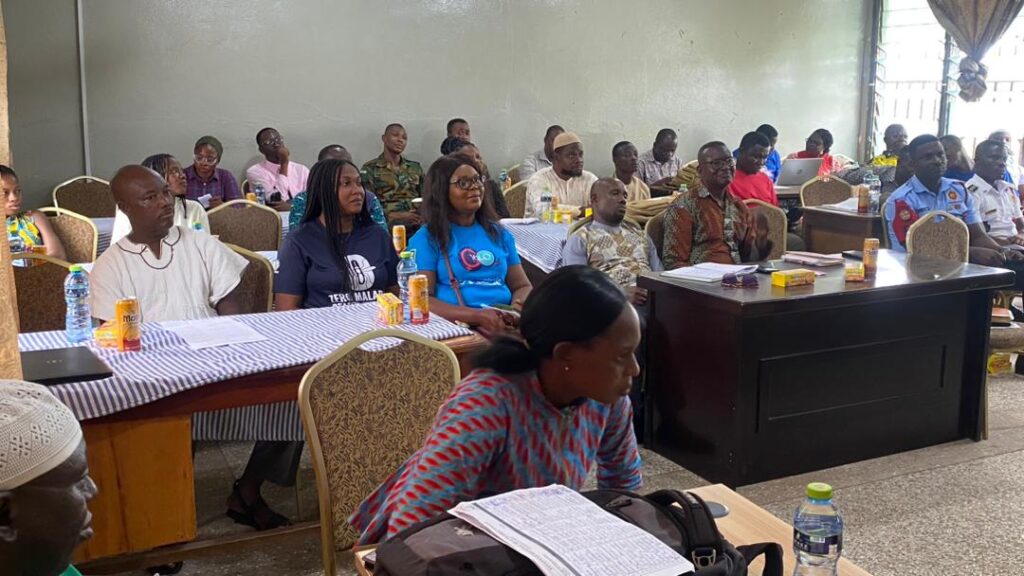
He explained that the SMC program, involving the administration of antimalarial medicines Sulphadoxine-Pyrimethamine (SP) and Amodiaquine (AQ) during peak malaria season (June to October), aims to maintain therapeutic drug levels in the blood to prevent infection, noting that, Clinical trials have shown that SMC can prevent 75% of malaria episodes and severe cases, potentially reducing childhood mortality significantly.
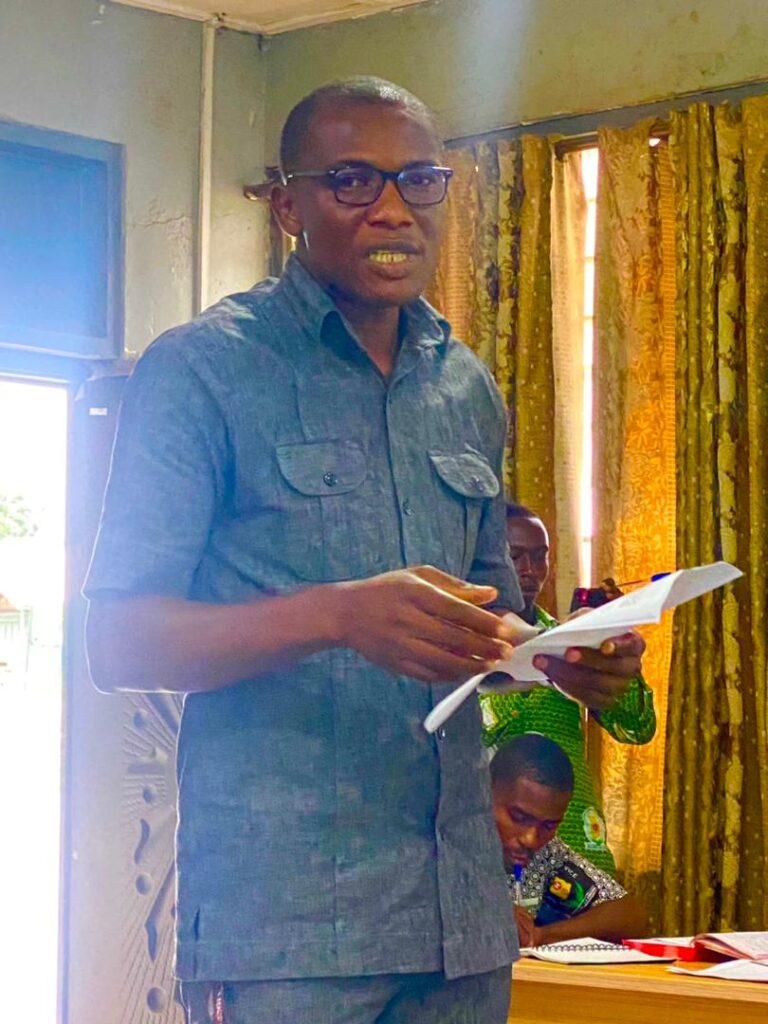
Parallel to this, the distribution of LLINs forms a crucial part of the strategy. These nets act as both physical and chemical barriers against mosquitoes, with WHO advocating for universal coverage.
The upcoming campaign will combine mass distribution and continuous provision through various channels to maintain high coverage rates.
He disclosed that recent data highlight progress but also underscore challenges: while household ownership of at least one insecticidal net stands at 79.4%, and usage among children under five and pregnant women is 63.5% and 69.4% respectively, non-use and misuse of nets remain issues.
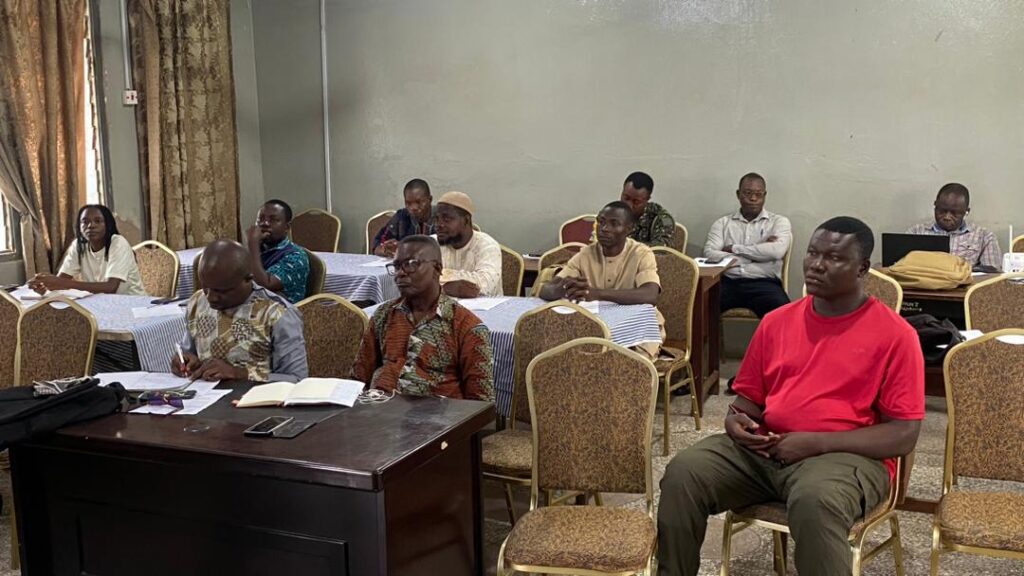
The campaign, he said, is scheduled from June 18-24, 2024, will target 137,922 children aged 3-59 months across 1,285 communities. A subsequent four cycles of SMC will follow every 28 days.
He further disclosed that, households will be registered for mosquito net distribution from July 23-27, 2024, facilitated by trained health workers and volunteers.
Dr. Nyuzaghl concluded by calling on stakeholders to support and advocate for these interventions. “The successful implementation of these measures will significantly reduce the malaria burden in the Savannah Region.”
Christian Obeng, representing the Program Manager of the National Malaria Elimination Program, emphasized the importance of preventative measures in malaria control and highlighted that prevention is more effective than cure and stressed the significance of integrating interventions to maximize impact.
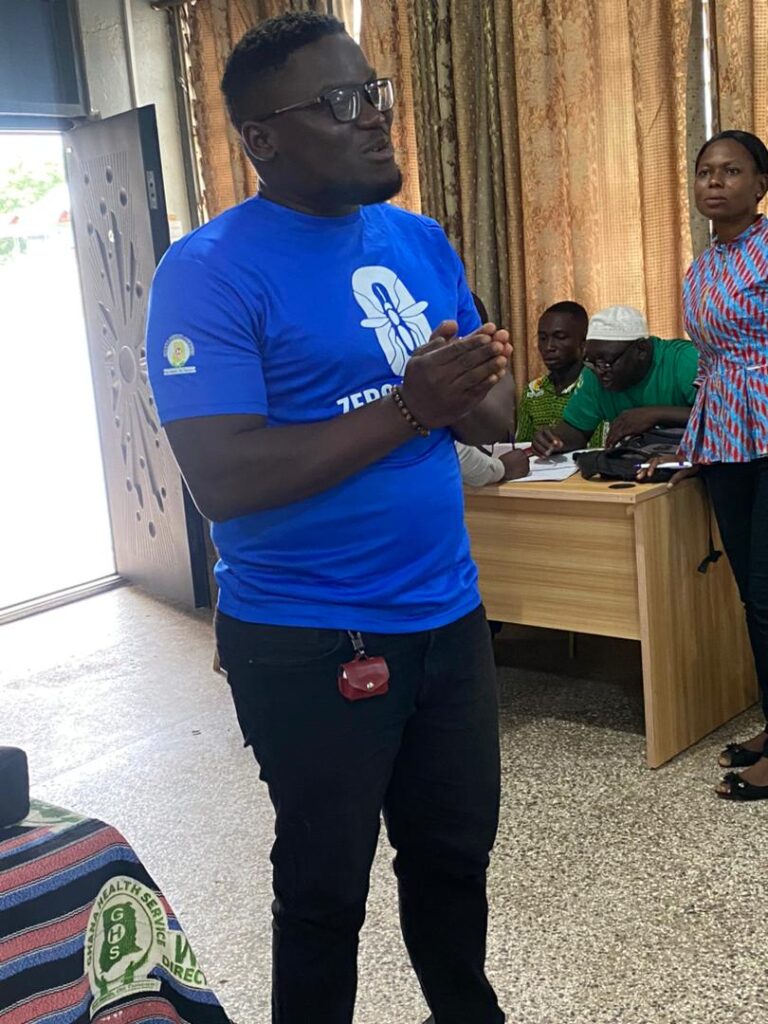
Mr. Obeng noted that the program employs both preventative and curative strategies, but prioritizes prevention to reduce the number of malaria cases.
He stated that the current initiative integrates two key community-based interventions, leveraging their synergies to increase efficiency and effectiveness. By coordinating these efforts within households simultaneously, the program aims to enhance outcomes.
Obeng expressed gratitude for the presence and support of community stakeholders, acknowledging their critical role in the success of such initiatives. He urged attendees to use their influence to support the campaign and help ensure its seamless execution.
Obeng thanked the participants for their dedication and commitment to aiding the national effort to eliminate malaria, emphasizing the collective benefit of a successful campaign.
Source: Padfm.com.gh/Kumatey Gorden/0243531604

















